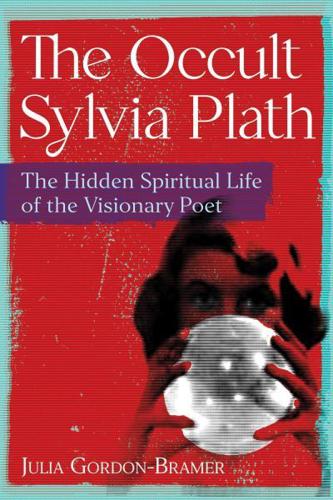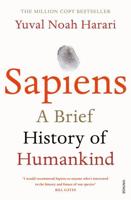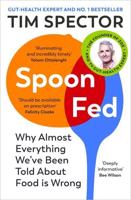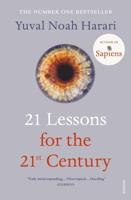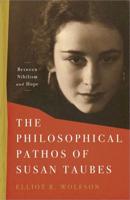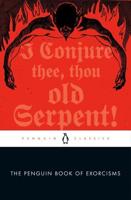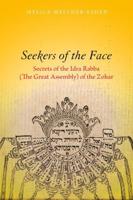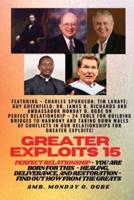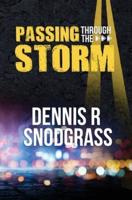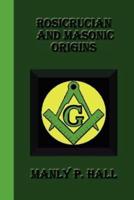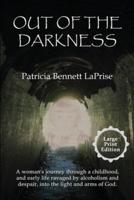Publisher's Synopsis
Explores Sylvia Plath's enduring interest and active practice in mysticism and the occult from childhood until her tragic death in 1963.
Sharing her more than 15 years of compelling research-including analysis of Sylvia Plath's unpublished calendars, notebooks, scrapbooks, book annotations, and underlinings, as well as published memoirs, biographies, letters, journals, and interviews with Plath and her husband, friends, and family-Plath scholar Julia Gordon-Bramer reveals Sylvia Plath's enduring interest and active practice in mysticism and the occult from childhood until her tragic death in 1963. She examines Plath's early years growing up in a transcendentalist Unitarian church under a brilliant, if stern, Freemason father and a mother who wrote her master's dissertation on the famous alchemist Paracelsus. She reveals Plath's early knowledge of Hermeticism, how she devoured books on the occult throughout her life, and how, since adolescence, Plath regularly wrote of premonitory dreams. Examining Plath's tumultuous marriage with poet Ted Hughes, she looks at their explorations in the supernatural and Hughes's mentoring of Plath in meditation, crystal-gazing, astrology, Qabalah, Tarot, automatic writing, magical workings, and use of the Ouija board. She also reveals how, at the end of her marriage, Plath used her husband's hair and fingernails in rituals.
Looking at Plath's writing and her evolution as a person through mystical, political, personal, and historical lenses, Gordon-Bramer shows how her poems take on radically new, surprising, and universal meanings-explaining why Hughes perpetually denied that Plath was "a confessional poet." Contrasting the versions in Letters Home with those held in the Plath archives at Indiana University, the author also shows how all occult influences have been rigorously excised from the letters approved for publication by the Plath and Hughes Estate.
Revealing significant, previously undiscovered meanings in Sylvia Plath's works, much broader than the narrow lens of her tragic autobiography, the author shows how Plath's writings are deeply rooted in her mystical and occult endeavors.
